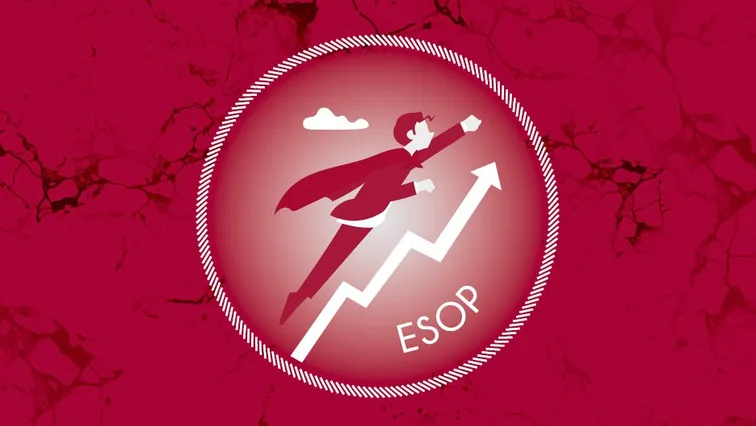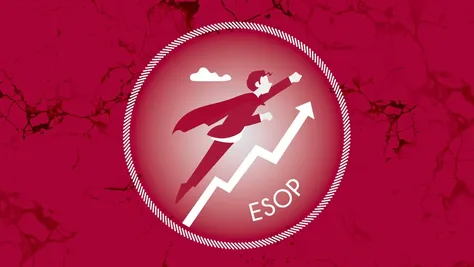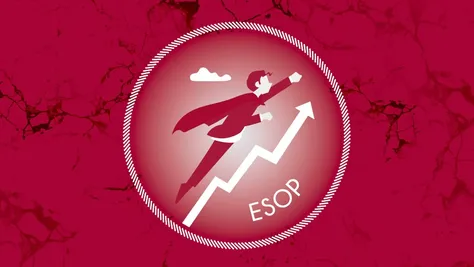Continuing our series of myths about ESOPs, we look at the widespread concern that ESOPs will not protect company founders from sudden executive departures. From our experience, we know that this is in fact yet another myth. ESOPs are a good tool to ensure long-term cooperation and to keep managers in the company for a longer period of time. At the same time, it is possible to set the exact terms of the cooperation, including the possibility of termination and the related financial settlement in the management programme in advance. If the issue of a manager’s departure comes up, we can deal with it and set the conditions so that the departure is ultimately to the satisfaction of all parties. In this issue of ESOP Myths, we will now look at the topic in greater detail.
How to prevent sudden departures of managers? What if the ESOP fails? What if managers decide to leave the company? We have been asked these and other similar questions countless times at HAVEL & PARTNERS. It is, of course, OK to ask these questions. Shareholders are often concerned that relationships with managers will become negative to the point where the ESOP will lose its meaning and thus also its value for the company. Another concern of the shareholders is that a manager, especially a crucial one, will leave the company, which will in turn have to quickly look for a highly valued substitute.
ESOPs and long-term cooperation
Needless to say, people like to seek new challenges and there is always a risk that a key manager in a company will decide to start a new stage in their life and will find a new career opportunity. Unfortunately, the ESOP cannot fully prevent this and neither can anything else. However, as we wrote in the previous issue of ESOP Myths, the main way how to protect a company against similar issues lies in anticipating and preventing them.
The main advantage of the ESOP is its wide range of possible settings to support continuous and stable cooperation between managers and the company. The goal of an ESOP is not only to motivate managers to perform but primarily to foster a long-term functional relationship with selected managers. We have written about how ESOPs really work in this regard in our previous ESOP Leadership series (e.g. here or here).
What can deepen the trust relationship and provide new opportunities to manage the risk of executive departures is in particular if the company allows equity holdings (subject to appropriate rules). There are, however, many other possibilities. We can mention, for example, setting up an ESOP so that the long-term cooperation of the manager is linked not only to their financial remuneration but also to other benefits that can be set for a particular manager individually according to their interests and preferences. Such mutually beneficial cooperation may eventually lead to the acquisition of a share in the company or other attractive securities.
If you do not want capable managers to leave your company and instead want them to stay for a long period of time, an ESOP is a good tool to prevent sudden departures.
And what if they do leave?
It is, of course, not always possible to prevent managers from leaving. However, the ESOP allows connecting the departure with the concept of good leavers and bad leavers. This concept is based on the distinction of whether a given manager is leaving the company in a positive or rather a negative way. The mutual rights and obligations of all parties involved then derive from this.
Despite the fact that everyone in the company may at first fully trust one another and hope that they will never leave the company (or that even in the worst-case scenario, their departure will be smooth), life is unpredictable in this respect and teaches us to be ready for any scenario.
Accordingly, an ESOP can be set up to reward managers who have done a good job for the company (or may just be retiring). Equally, however, the ESOP can be set up in such a way that it will lead to the sanctioning of those who leave on bad terms, e.g. due to serious breaches of their duties. In this way, it is possible to transparently set conditions in advance that anticipate various positive and negative scenarios.
The concept of good leavers and bad leavers was discussed in an article in the previous Lex ESOP series in Lex ESOP #05 | Zahájení a ukončení účasti na manažerském programu. Make sure to check out the article if you want to take a closer look at what entry into and exit from a management programme looks like from a legal perspective.










